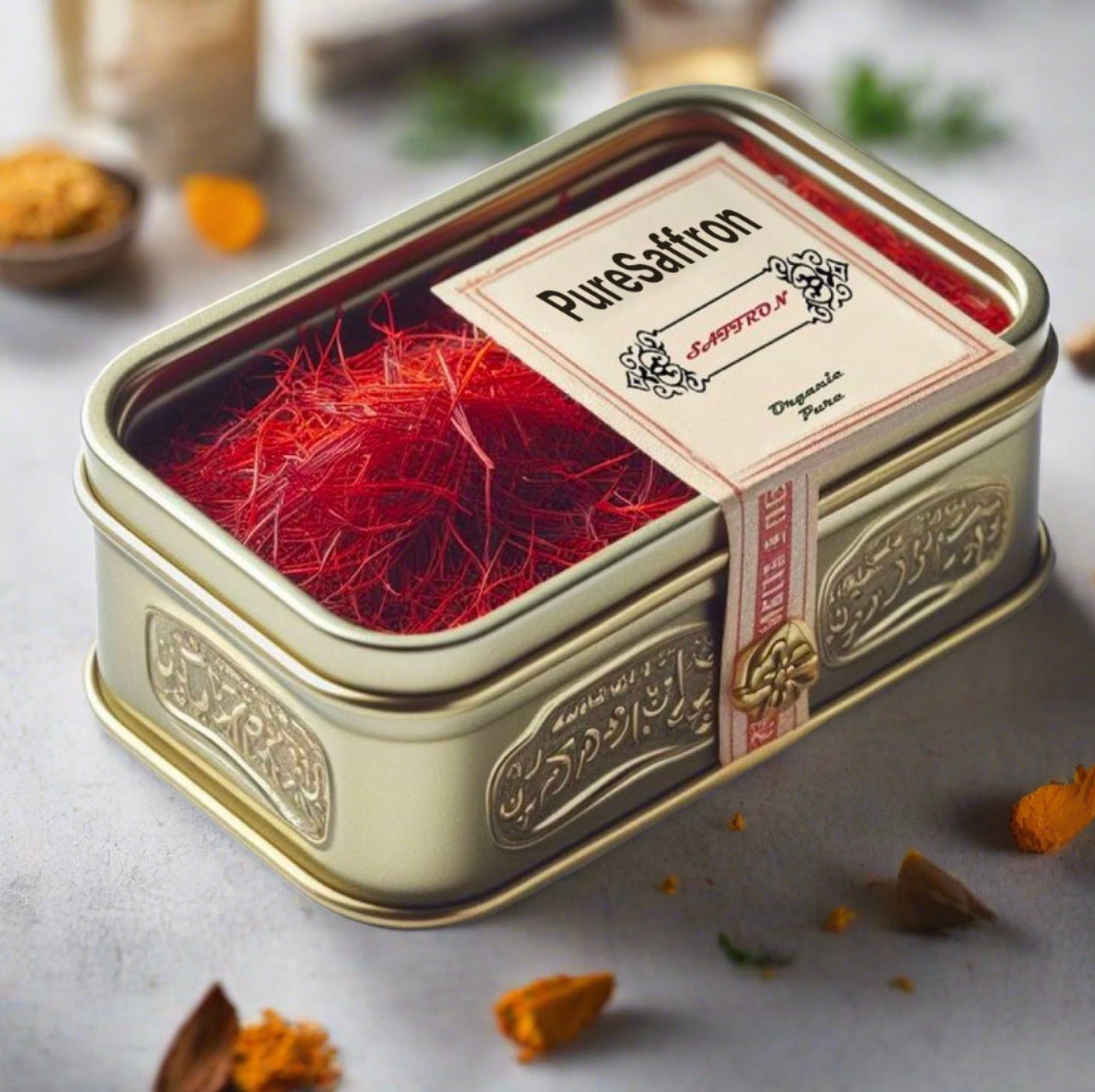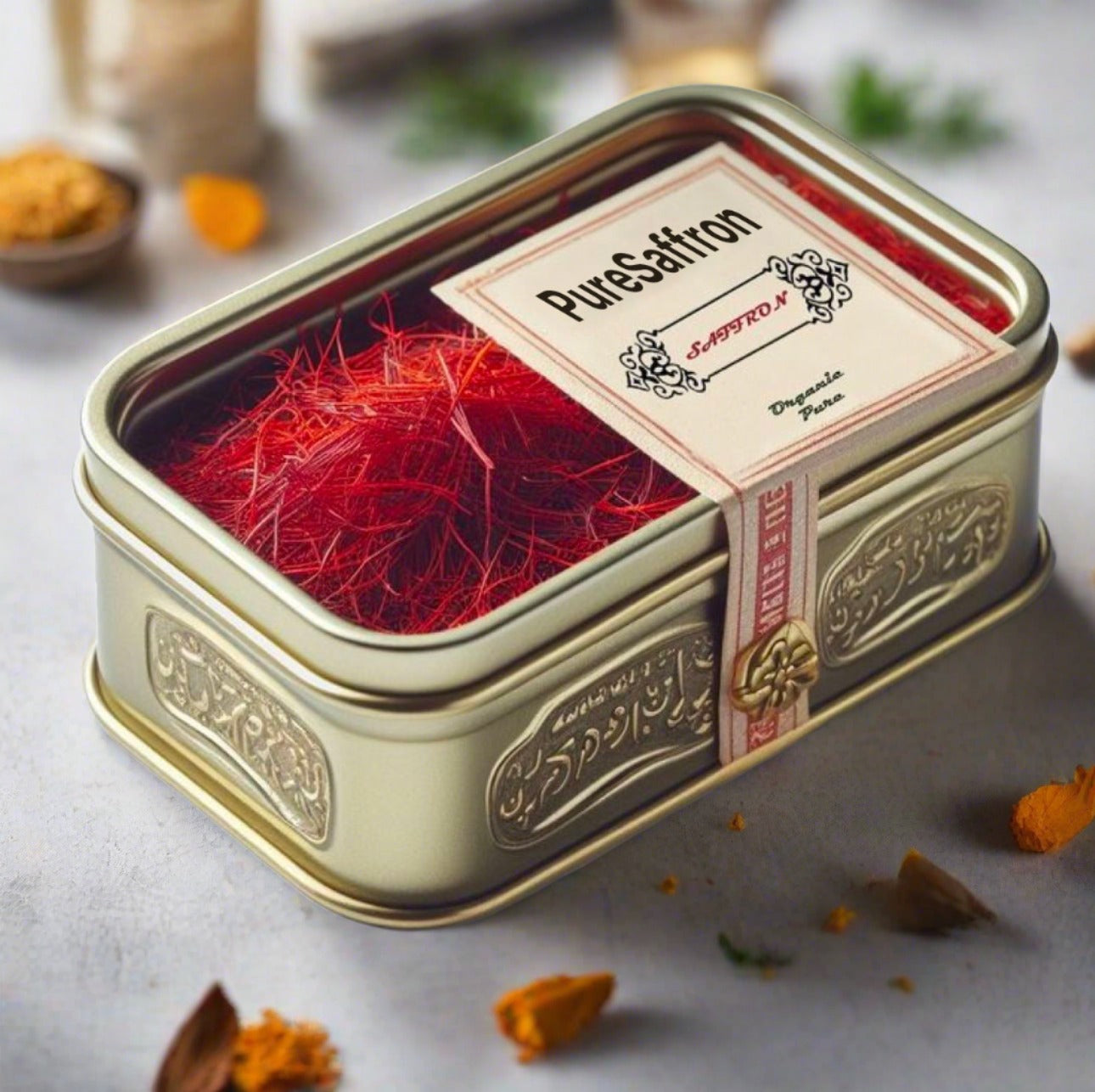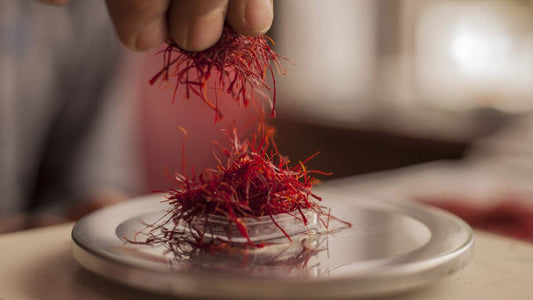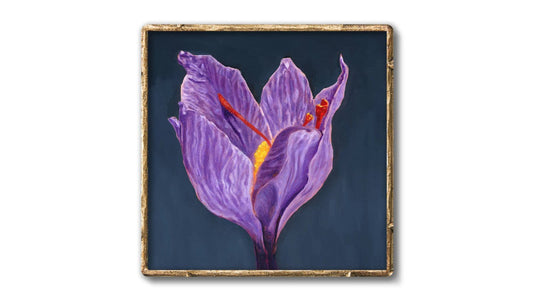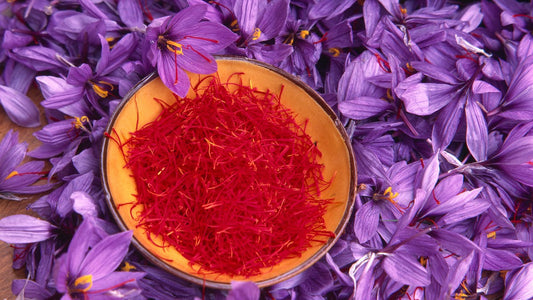
Saffron in Mediterranean Cuisine: A Culinary Tradition Worth Exploring
Ara OhanianShare
The Role of Saffron in Mediterranean Cuisine
Saffron, often referred to as "red gold," is one of the most treasured spices in the world, and its roots run deep in Mediterranean cuisine. Its distinctive flavor, vibrant color, and fragrant aroma have made it a cornerstone ingredient in culinary traditions across the region. From the golden-hued paellas of Spain to the aromatic fish stews of Italy, saffron infuses a touch of luxury and authenticity into every dish it graces.
Mediterranean cuisine is celebrated for its use of fresh, high-quality ingredients, and saffron fits seamlessly into this philosophy. With a flavor profile that is earthy, floral, and slightly sweet, saffron enhances the natural flavors of Mediterranean dishes, elevating simple ingredients into culinary masterpieces.
A Brief History of Saffron in the Mediterranean
The use of saffron in Mediterranean cuisine dates back thousands of years. Originating in ancient Persia, saffron made its way to Mediterranean shores through trade routes and cultural exchanges. The Greeks and Romans valued saffron not only for its culinary applications but also for its medicinal and ceremonial uses.
Over time, saffron became deeply embedded in the culinary traditions of countries such as Spain, Italy, Greece, and Morocco. It symbolized wealth and abundance, and its golden hue was often associated with prosperity. Today, saffron remains an integral part of Mediterranean gastronomy, celebrated for its ability to transform even the simplest dishes.
Iconic Mediterranean Dishes Featuring Saffron
Saffron's versatility makes it a key ingredient in many Mediterranean recipes. Here are some iconic dishes that showcase the magic of saffron:
- Paella (Spain): This classic Spanish dish features rice, seafood, chicken, and vegetables, all brought together by the unmistakable aroma and golden color of saffron.
- Risotto alla Milanese (Italy): A creamy rice dish infused with saffron, often served as a side dish or paired with hearty meats like ossobuco.
- Bouillabaisse (France): A rich, fragrant fish stew from Provence that owes its depth of flavor to saffron, fennel, and garlic.
- Tagines (Morocco): Saffron is a key ingredient in many Moroccan tagines, adding a warm, earthy flavor to dishes featuring lamb, chicken, or vegetables.
- Avgolemono Soup (Greece): A lemony chicken soup thickened with eggs and often enhanced with a pinch of saffron for a luxurious twist.
How to Use Saffron in Mediterranean Cooking
Cooking with saffron requires a bit of care to unlock its full potential. Here are some tips to help you make the most of this precious spice:
- Soak Before Use: To extract saffron's color and flavor, soak the threads in warm water, broth, or milk for at least 10-15 minutes before adding them to your dish.
- Use Sparingly: A little saffron goes a long way. Typically, a pinch (about 10-15 threads) is enough for most recipes.
- Pair with Complementary Ingredients: Saffron pairs beautifully with ingredients like rice, seafood, chicken, citrus, and herbs like parsley and thyme.
- Store Properly: Keep saffron in an airtight container away from light and moisture to preserve its potency.
Health Benefits of Saffron in Mediterranean Cuisine
Beyond its culinary appeal, saffron offers numerous health benefits that align with the Mediterranean diet's reputation for promoting well-being. Saffron contains powerful antioxidants, including crocin and safranal, which help combat oxidative stress and inflammation. It has also been linked to improved mood, better digestion, and even enhanced cardiovascular health.
By incorporating saffron into Mediterranean dishes, you not only enhance their flavor but also boost their nutritional value, making your meals as healthy as they are delicious.
Where to Buy High-Quality Saffron
To fully experience the magic of saffron in Mediterranean cuisine, it's essential to use high-quality saffron. At PureSaffron, we offer premium-grade Persian saffron that is ethically sourced and meticulously processed to ensure maximum flavor, aroma, and color. Whether you're preparing a traditional paella or experimenting with new recipes, our saffron will elevate your cooking to the next level.
FAQs About Saffron in Mediterranean Cuisine
-
Q: What makes saffron so special in Mediterranean cuisine?
A: Saffron's unique combination of earthy, floral flavors and its ability to impart a vibrant golden color make it an essential ingredient in many Mediterranean dishes.
-
Q: Can I substitute saffron with another spice?
A: While there is no perfect substitute for saffron, turmeric or paprika can mimic its color, though they won't replicate its distinctive flavor.
-
Q: How should I store saffron?
A: Store saffron in an airtight container in a cool, dark place to preserve its potency and freshness.
-
Q: Is saffron safe to consume daily?
A: Yes, saffron is safe to consume in moderate amounts, but excessive consumption should be avoided due to its potency.
-
Q: How can I tell if saffron is authentic?
A: Authentic saffron threads are deep red with orange tips, have a strong aroma, and will release color when soaked in water without disintegrating.
